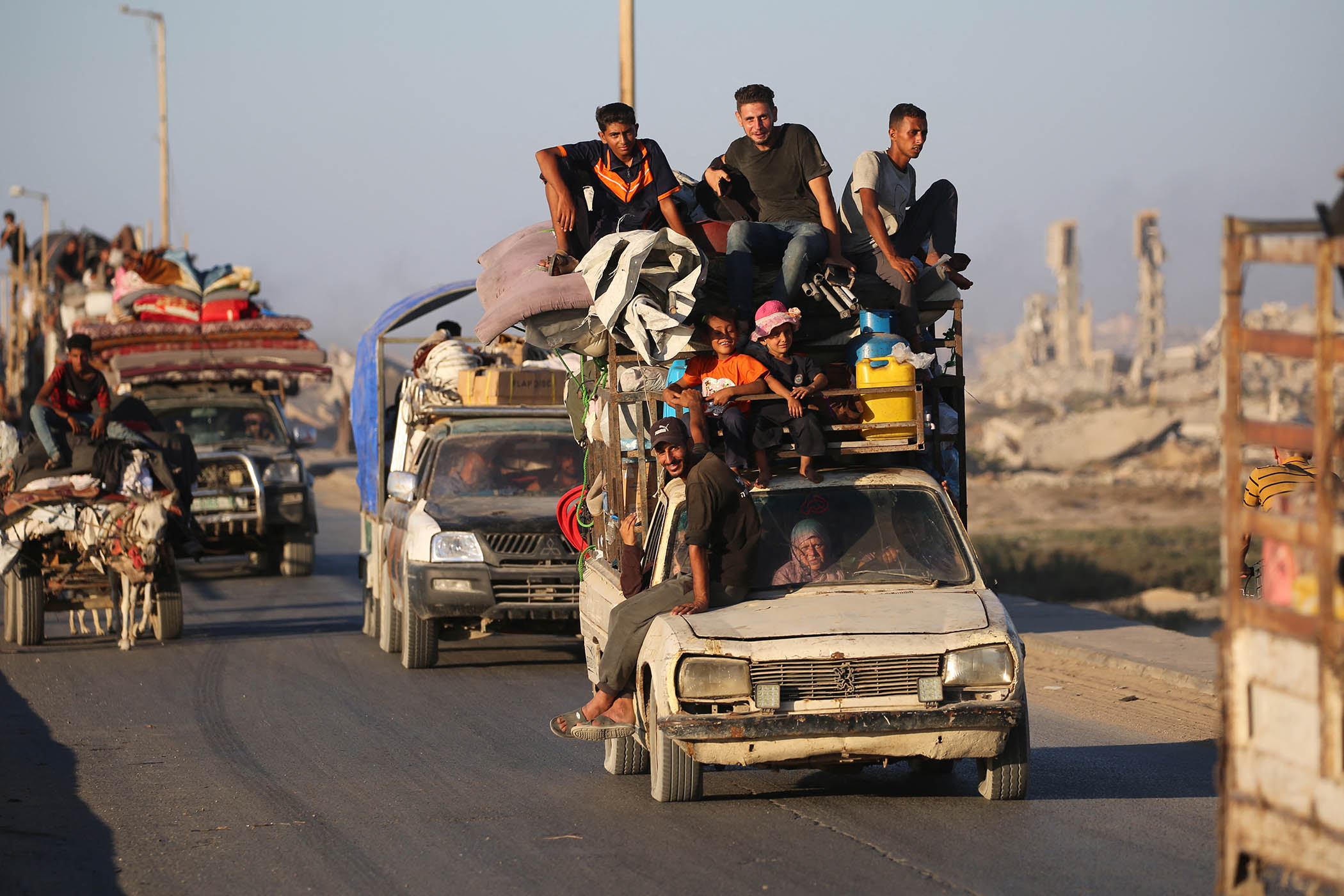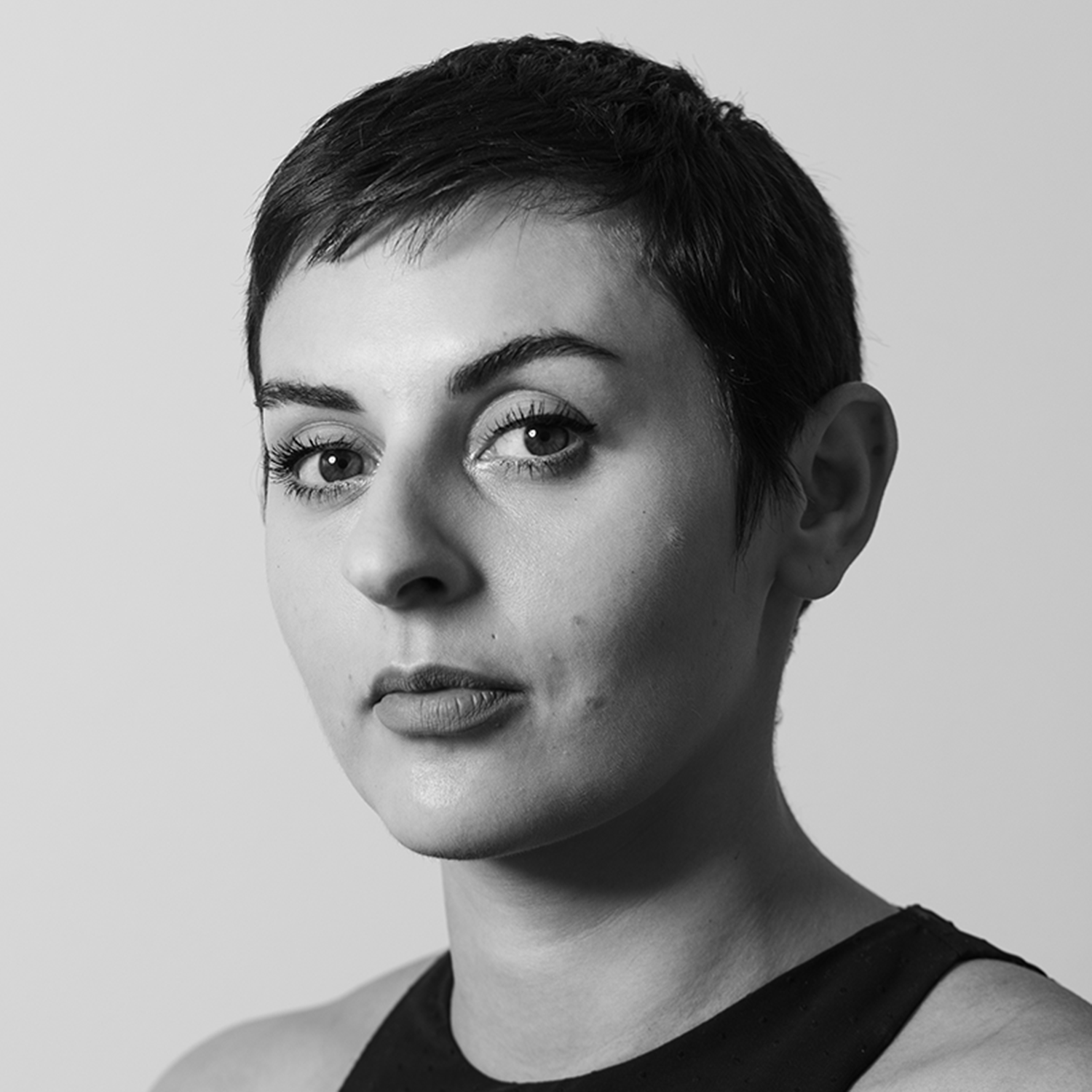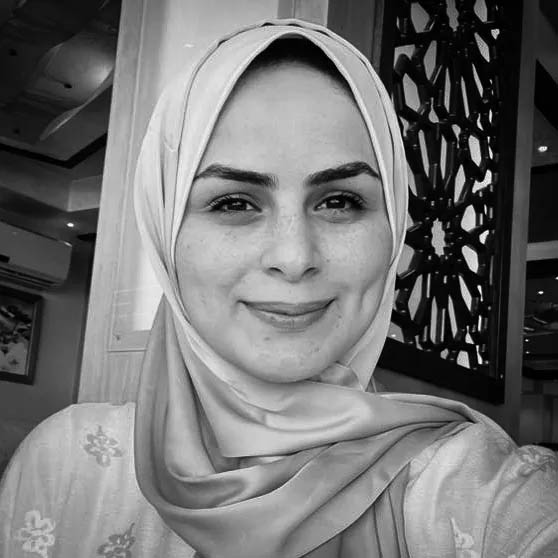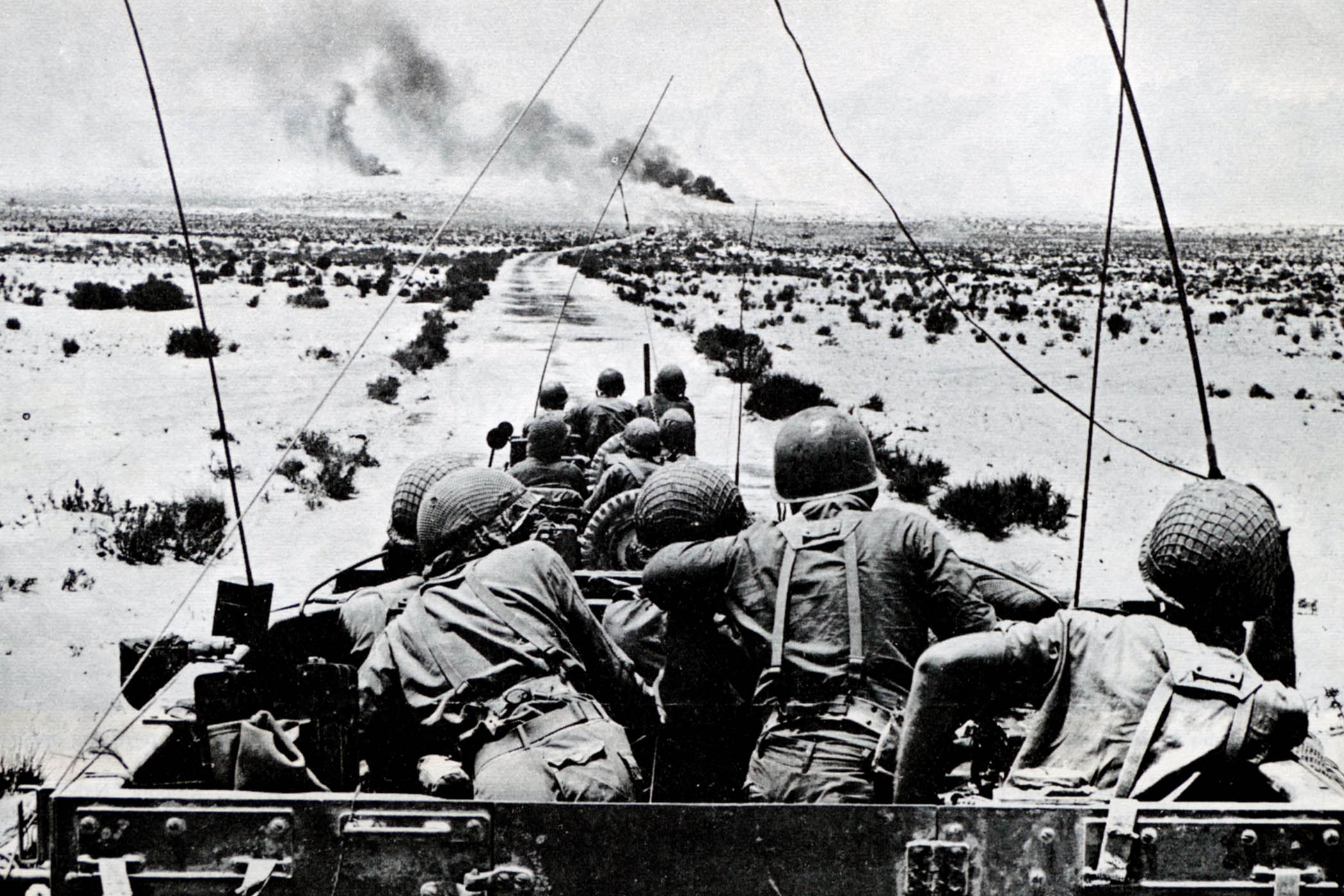The question on the mind of Sondos Jabr is whether she and her family can afford to be displaced once again. Yet staying in Gaza City might cost them their lives.
Jabr has started to lose count of the number of times her family has been forced to pack their bags and run, but specific episodes of cruelty and exhaustion are seared into her memory. Now she fears they might have to flee Gaza City once more – although there is nowhere else to go.
“Now all I feel is terror,” she said. “The bombings have intensified recently, and the aim is to force us southwards. We are trapped in an impossible choice: the immense pressure and costs of displacement or staying here under terrifying unlivable conditions.”
Jabr fears that leaving is no guarantee of survival – bombs target “every inch of Gaza”.
Jabr, her husband and their two young children, as well as her elderly parents, have packed their bags but are praying for a reprieve. They are already sheltering in a friend’s apartment in Gaza City after their home was destroyed in a bombing a week ago, leaving behind nothing but blistered walls and piles of ash.
The same home was bombed during a previous Israeli assault in 2014, and the 31-year-old was proud to have rebuilt it, only to see it destroyed again. The apartment was her life, a symbol of her small triumphs over what came before. “We lost everything: clothes, belongings, memories,” she said.
Yesterday a fresh barrage of airstrikes in Gaza City killed at least 32 people, including 12 children, as Israel’s army told the Palestinians still living there to leave “immediately”.
Israel’s attacks have turned what remained of its skyline into rubble in recent weeks. Gazans could only watch or run in horror as warplanes targeted every building over seven storeys tall: Jabr mourned one that used to house her gym. To Jabr, targeting residential towers felt like it was intended to send a message that Israel seeks to empty Gaza City.
Related articles:
Prime minister Benjamin Netanyahu boasted that the Israeli airforce had obliterated 50 high-rise buildings there within two days. “Now all of this is just an introduction, just a prelude, to the main intense operation,” he said, warning of ground troops entering the city.
‘This is not just about destroying towers – it is about deliberately erasing our memories’
‘This is not just about destroying towers – it is about deliberately erasing our memories’
Sondos Jabr
“The sound of these bombs is terrifying beyond words,” said Sondos. “Israel uses massive missiles designed to obliterate entire buildings. This is not just about destroying towers – it is about deliberately erasing our memories. When they bombed al Roya tower, the one with my gym in, that sound sent my two children into absolute panic.”
Newsletters
Choose the newsletters you want to receive
View more
For information about how The Observer protects your data, read our Privacy Policy
Jabr and her family have been looking for shelter anywhere south of Gaza City. They have found nothing they could afford. Her father Iyad, who worked for the health ministry, has had no salary since the beginning of the war. Already struggling to afford nappies or formula for her five-month-old daughter, Jabr fears that another displacement might be financially impossible. Still, they have started preparing to leave, but with no idea where they might go. “We don’t even know how we would get there – fleeing means the high cost of transport and securing a place to stay,” she said.
“I feel truly lost. I already know the cruelty of displacement all too well,” she said. She and her family endured a summer of scorching heat without any electricity, and winter meant no heating. Any firewood they could find was used for cooking. They did their best to survive famine, her husband Mohammed venturing to find flour in places that locals call “death traps”.
“Even in the so-called safe zones designated by Israeli forces, we faced constant danger: more bombs, the loss of our friends and loved ones. There is no safe place in Gaza.”
Photo by EYAD BABA/AFP via Getty Images




